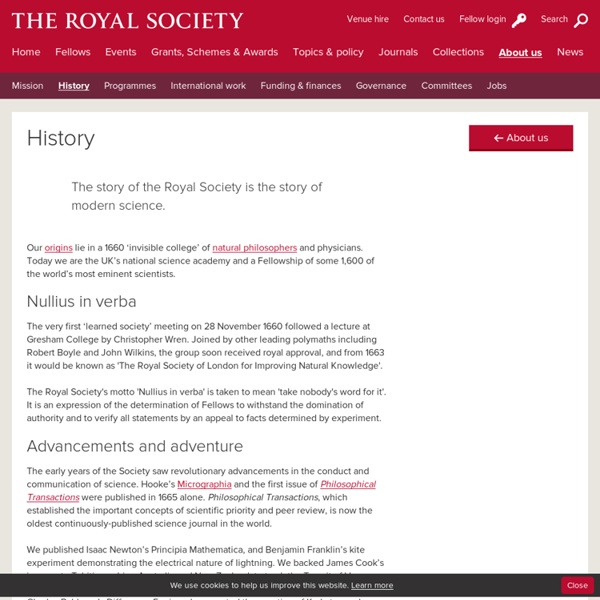Medical journal: Study linking autism, vaccines is 'elaborate fraud'
Autism-vaccine study author defends work The journalist who wrote the articles says Wakefield should face criminal chargesWakefield says his work has been "grossly distorted"British journal BMJ accuses Wakefield of faking data for his 1998 paperThe study was retracted and Wakefield lost his license in 2010 (CNN) -- A now-retracted British study that linked autism to childhood vaccines is an "elaborate fraud," according to a medical journal -- a charge the physician behind the study vigorously denies. The British medical journal BMJ, which published the results of its investigation, concluded Dr. Andrew Wakefield misrepresented or altered the medical histories of all 12 of the patients whose cases formed the basis of the 1998 study -- and that there was "no doubt" Wakefield was responsible. The journalist who wrote the BMJ articles said Thursday he believes Wakefield should face criminal charges.
atomic orbitals
A 1s orbital holding 2 electrons would be drawn as shown on the right, but it can be written even more quickly as 1s2. This is read as "one s two" - not as "one s squared". You mustn't confuse the two numbers in this notation: The order of filling orbitals - the Aufbau Principle Aufbau is a German word meaning building up or construction. We imagine that as you go from one atom to the next in the Periodic Table, you can work out the electronic structure of the next atom by fitting an extra electron into the next available orbital.
Robert Boyle
Robert Boyle, FRS, (25 January 1627 – 31 December 1691) was an Irish 17th-century natural philosopher, chemist, physicist, and inventor. Born in Lismore, County Waterford, Ireland, he was also noted for his writings in theology. Although his research clearly has its roots in the alchemical tradition, Boyle is largely regarded today as the first modern chemist, and therefore one of the founders of modern chemistry, and one of the pioneers of modern experimental scientific method. He is best known for Boyle's law,[2] which describes the inversely proportional relationship between the absolute pressure and volume of a gas, if the temperature is kept constant within a closed system.[3][4] Among his works, The Sceptical Chymist is seen as a cornerstone book in the field of chemistry. Biography[edit]
Chemical & Engineering News: What's That Stuff?
You might ask yourself... What's That Stuff? Ever wondered about what's really in hair coloring, Silly Putty, Cheese Wiz, artificial snow, or self-tanners? C&EN presents a collection of articles that gives you a look at the chemistry behind a wide variety of everyday products. Sort: Alphabetically (Text Only) | Most Recent
Protoscience
In the philosophy of science, there are several definitions of protoscience. Protoscience is sometimes distinguished from pseudoscience by a willingness to be disproven by new evidence, or to be replaced by a more predictive theory.[citation needed] Compare fringe science, which is considered highly speculative or even strongly refuted.[1] Some protosciences go on to become an accepted part of mainstream science.[2] Philosopher of chemistry Jaap Brakel defines protoscience as "the study of normative criteria for the use of experimental technology in science."[3]
Public opinion
History[edit] The English term "public opinion" dates back to the seventeenth century and has derived from the French l’opinion, which was first used in 1588 by Montaigne.[2] This concept came about through the process of urbanization and other political and social forces. For the first time, it became important what people thought, as forms of political contention changed. The emergence of public opinion as a significant force in the political realm can be dated to the late 17th century. However, opinion had been regarded as having singular importance since far earlier - William Shakespeare had called public opinion the 'mistress of success' and Blaise Pascal thought it was 'the queen of the world.' John Locke in his influential treatise An Essay Concerning Human Understanding considered that man was subject to three laws: the divine law, the civil law, and most importantly in Locke's judgement, the law of opinion or reputation.
Letter to Chesterfield
Illustration of Dr Johnson leaving Lord Chesterfield's residence. The Letter to Chesterfield (February 1755) was Samuel Johnson's response to what some believed to be Lord Chesterfield's opportunistic endorsement of his A Dictionary of the English Language. Although Chesterfield was patron of the Proposal for the Dictionary, he made no moves to further the progress of the Dictionary until seven years after his original investment into the project.
Libelle (literary genre)
A libelle is a political pamphlet or book which slanders a public figure.[1] Libelles held particular significance in France under the Ancien Régime, especially during the eighteenth century, when the pamphlets’ attacks on the monarchy became both more numerous and venomous. In recent years, cultural historian Robert Darnton has written on the libelles, arguing for the subversive power that the libelles of the late eighteenth century exercised in undermining monarchical authority. The word libelle is derived from the Latin libellus, for “small book.”[2] Although originally it was used to describe pamphlets in general, it became primarily applicable to the genre of brief and defamatory attacks on pre-revolutionary French public figures.
List of the oldest newspapers
A 1609 title page of the German Relation, the world's first newspaper (first published in 1605)[1] This list of the oldest newspapers sorts the newspapers of the world by the date of their first publication. The earliest newspapers date to 17th-century Europe when printed periodicals rapidly began to replace hand-written news letters. The emergence of the new media branch has to be seen in close connection with the simultaneous spread of the printing press from which the publishing press derives its name.[2] On 2010 The Times had published its 70,000th issue. Although it's not the oldest newspaper in the world, it's the only to have reached that number.[3]



